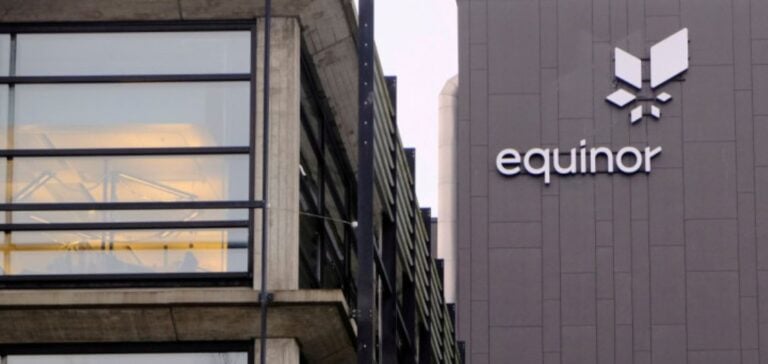Under a recent agreement, Equinor sells its operated position in the Marcellus and Utica shale formations in Ohio. In exchange, Equinor acquires 40% of EQT’s non-operated interest in the Marcellus formation in Northern Pennsylvania. This transaction includes the transfer of operatorship and 100% of Equinor’s interest in the Appalachian Basin in southeast Ohio.
Financial aspects and objectives of the agreement
To balance this transaction, Equinor will pay $500 million to EQT. The aim of this swap is to help increase Equinor’s cash flow and reduce the CO2 emissions intensity of its international portfolio, in line with its sustainability objectives.
Operational and environmental implications
As a result of this agreement, Equinor’s average interest in certain Northern Marcellus gas units operated by Chesapeake will increase from 15.7% to 25.7%. Equinor has also signed a gas buy-back agreement with EQT to honor pre-existing gas sales commitments.
Leadership comments at Equinor
Philippe Mathieu, Executive Vice-President of International Exploration and Production at Equinor, emphasized the importance of this transaction in strengthening the company’s position in the robust Appalachian Basin segment. He asserted that this swap improves the robustness of Equinor’s portfolio, with an expected reduction in well break-even points and upstream carbon intensity.
Long-term strategy and commitment to the U.S. market
Mathieu also reiterated that the US remains a key area for Equinor, highlighting the company’s ongoing efforts to build a broad and diversified energy business in the US, including oil and gas, offshore wind and new low-carbon value chains. Since 2020, Equinor’s US activities have generated $11 billion in revenues.
The exchange of assets between Equinor and EQT Corporation marks a significant strategic shift for Equinor in the United States, promoting more efficient management of its natural gas resources while supporting its environmental objectives.






















